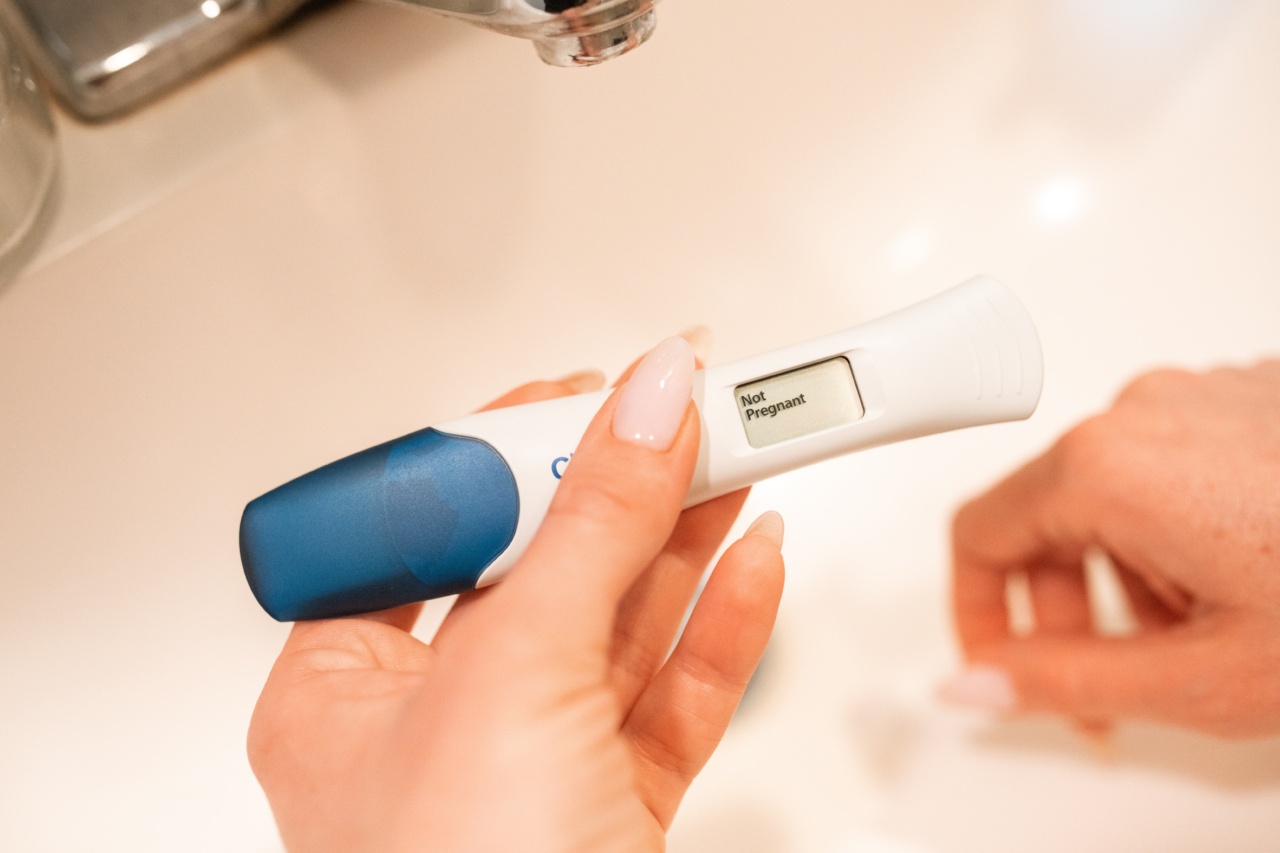High blood pressure and liver health issues are common health problems that may result in severe complications if not well managed.
Managing both health issues relies on adopting healthier lifestyle choices, including engaging in regular exercise, maintaining a healthy diet, and avoiding habits that lead to adverse health outcomes.
What is High Blood Pressure?
High blood pressure or hypertension is a medical condition that occurs when the force of circulating blood against the artery walls is too high, leading to heart failure and other severe health issues.
The normal blood pressure range for healthy individuals should be 120/80.
Hypertension is a severe health condition and may lead to complications such as heart attack, vascular dementia, kidney disease, and stroke, among others.
What is Liver Health?
Liver health is the optimal functionality of the liver, which is responsible for many vital body functions, including detoxification, production of bile, storage of vitamins, and converting food into energy.
The liver also protects the body by removing harmful substances and detoxifying the blood.
Inadequate liver health can lead to liver cirrhosis, hepatitis, liver cancer, and other severe health issues. Additionally, unhealthy lifestyle choices, such as alcohol consumption, may lead to the inflaming and scarring of the liver.
How to Regulate Blood Pressure and Liver Health Naturally
Regulating blood pressure and liver health naturally involves adopting healthier lifestyle choices, including:.
Dietary Changes
Engaging in a healthy balanced diet is essential for regulating blood pressure and overall liver health. Consuming foods rich in fiber, fruits, vegetables, and lean proteins helps maintain optimal liver function and regulate blood pressure levels.
Avoiding foods high in saturated fats and processed foods may help lower the risk of liver conditions and high blood pressure.
Exercise
Regular exercise has immense benefits for regulating blood pressure levels and liver health.
Engaging in physical activities like jogging, swimming, walking, and cycling promotes blood flow, strengthens the heart and cardiovascular system, and helps keep liver diseases at bay.
Reducing Alcohol Intake
Alcohol consumption is one of the leading causes of liver disease, causing inflammation and scarring in the liver. Limiting alcohol intake or total abstinence reduces the risk of liver damage.
Quitting Smoking
Smoking also increases the risk of liver disease and hypertension. Engaging in a smoking cessation program can lower the risk of developing these medical conditions.
Stress Management
Stress can adversely affect overall health, and studies suggest that it can also affect blood pressure levels and liver function. Practicing techniques like yoga, meditation, and mindfulness helps manage stress and promote relaxation.
Regular Health Checks
Regular health checks can help detect medical conditions early and prevent severe complications.
Routine checks for blood pressure levels, liver function, and other vital signs can help monitor progress and determine the effectiveness of your lifestyle changes.
Conclusion
Regulating blood pressure and liver health is essential for maintaining optimal health and longevity.
Adopting healthy lifestyle choices, including a balanced diet, regular exercise, limiting alcohol intake, and quitting smoking, can help regulate blood pressure levels and promote optimal liver function. Engaging in stress management techniques like yoga and meditation helps promote relaxation and manage stress levels, which can impact overall health.































